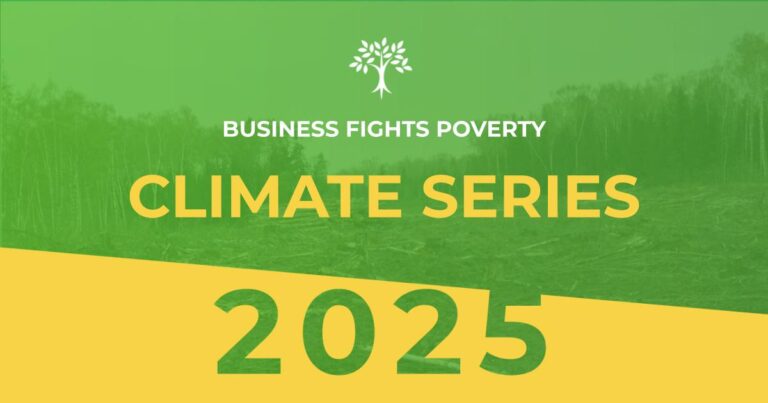The urgency of credible climate action meets a rapidly shifting global landscape. Geopolitical shifts are reshaping supply chains and investment, while new reporting rules raise the bar for transparency.
From the Greenhouse Gas Protocol to ISO and the Science Based Target initiative, accounting and reporting standards are evolving to meet rising demands for rigour, comparability and impact. Together, they are redefining what it means for climate solutions to be not just ambitious, but also credible, measurable and aligned with a just transition.
A global mandate for decarbonisation
Decarbonisation has moved from an aspiration to a strategic necessity. As the window to meet climate targets narrows, businesses face pressure. From climate disruptions that threaten supply chains, to increasing carbon prices and the reputational risks from unmanaged emissions.
Most greenhouse gas emissions (GHG) come from indirect, value-chain activities, known as Scope 3 emissions. On average, these can be over 11 times higher than direct operational emissions and, in some sectors, up to 26 times greater (CDP, 2020). Tackling them is therefore critical for addressing the climate crisis, but doing so requires adequate resources.
Mobilising capital and aligning financial flows are essential for a transition to a green economy, with private investment playing a key role in supporting both mitigation and adaptation. Investor expectations, along with new regulatory frameworks in the EU, US, and beyond, are driving demand for comprehensive climate disclosure and value-chain emissions reporting.
But transparency alone is not enough. To make business climate action meaningful, it requires credible systems such as standards, frameworks and tools, to guide decisions and measure progress.
The case for credibility
Credible sustainability systems make a difference where it matters. They set clear environmental standards, enable verified GHG measurement, and support transparent climate claims. By providing a framework for science-aligned targets and tracking progress, they help businesses build trust with regulators, investors, and consumers.
Sustainability systems operate through a holistic lens, recognising that climate challenges are intertwined with social and economic factors. Effective action goes beyond carbon metrics to include equity, human rights and community resilience. This integrated approach ensures mitigation efforts support, rather than harm, vulnerable groups — promoting inclusive transitions and a more equitable supplier base.
Take deforestation as an example. Addressing land-use change is vital for global climate goals, and credible climate systems guide responsible commodity production, set robust land-use standards, and verify compliance across supply chains.
They also protect small producers by addressing labor conditions and living income, with research showing certification and supply chain tools can drive meaningful improvements in employment and worker representation (Krumbiegel et al., 2018; Meemken et al., 2019; Evidensia, 2024).
How ISEAL is helping to shape climate action
ISEAL is helping to shape the emerging Scope 3 landscape. The revised Chain of Custody Guidance is helping to build clarity on what can be included in a company’s physical inventory and as ‘direct mitigation’. Building on this work, ISEAL and the Value Change Initiative launched a publication on how traceability and Chain of Custody apply to GHG accounting in the Food and Agriculture sector.
As companies work to improve transparency and integrity in their reporting, credible and consistent sustainability information is increasingly essential amid the rise of green claims. In response, ISEAL developed the Sustainability Claims Good Practice Guide, setting out best practices for developing and managing claims related to certified systems.
Further, the ISEAL Innovations Fund, enables sustainability systems and their partners to test innovative approaches to improve supply chain action and reporting on climate and nature.
Building alignment at COP30
As leaders gather at COP30, the focus must be on building clarity and coherence in the global climate system. Today’s fragmented landscape of standards and reporting risks confusion and inefficiency. Aligning climate target-setting, accounting, and reporting in a practical, technically sound way is essential to give companies a clear path to decarbonisation.
Equally important is building on what already works. Market-based mechanisms and sustainability systems are delivering measurable progress across supply chains. Rather than reinventing the wheel, we should strengthen and scale these proven tools to drive transparent and efficient action.
As the climate crisis intensifies, the question is no longer whether companies should act, but how. The answer lies in systems that are ambitious, credible, and inclusive.
This article is part of the Business Fights Poverty Climate Series with Fundação Dom Cabral (FDC) taking place during COP30 Climate Summit in Belém, Brazil.










